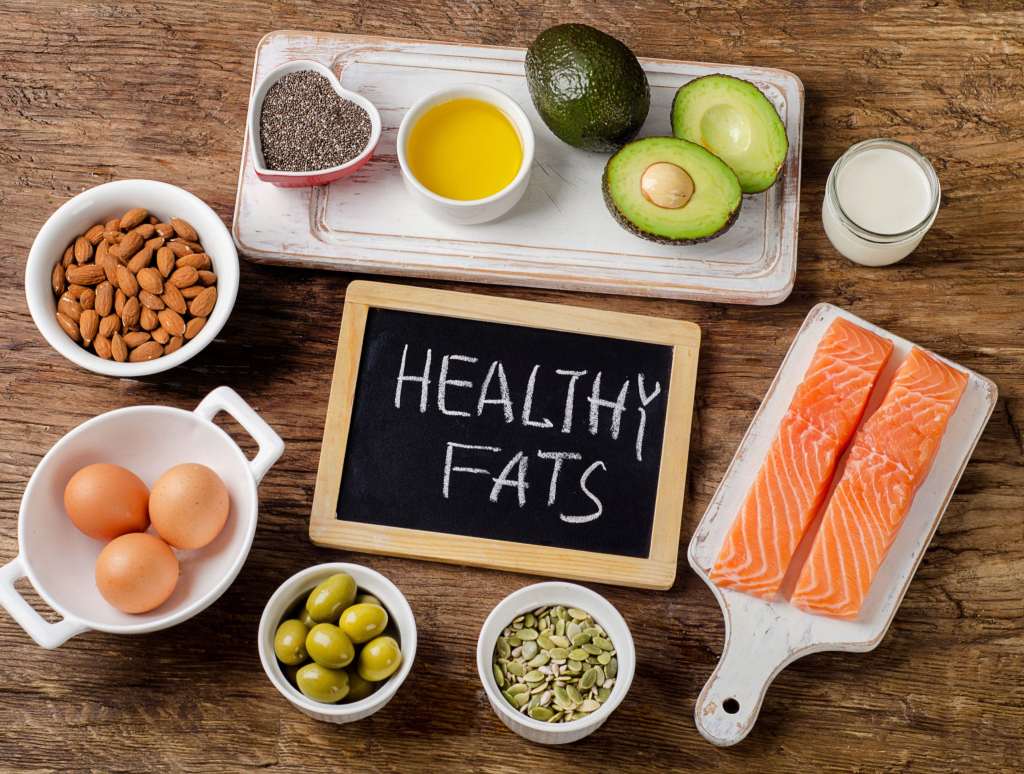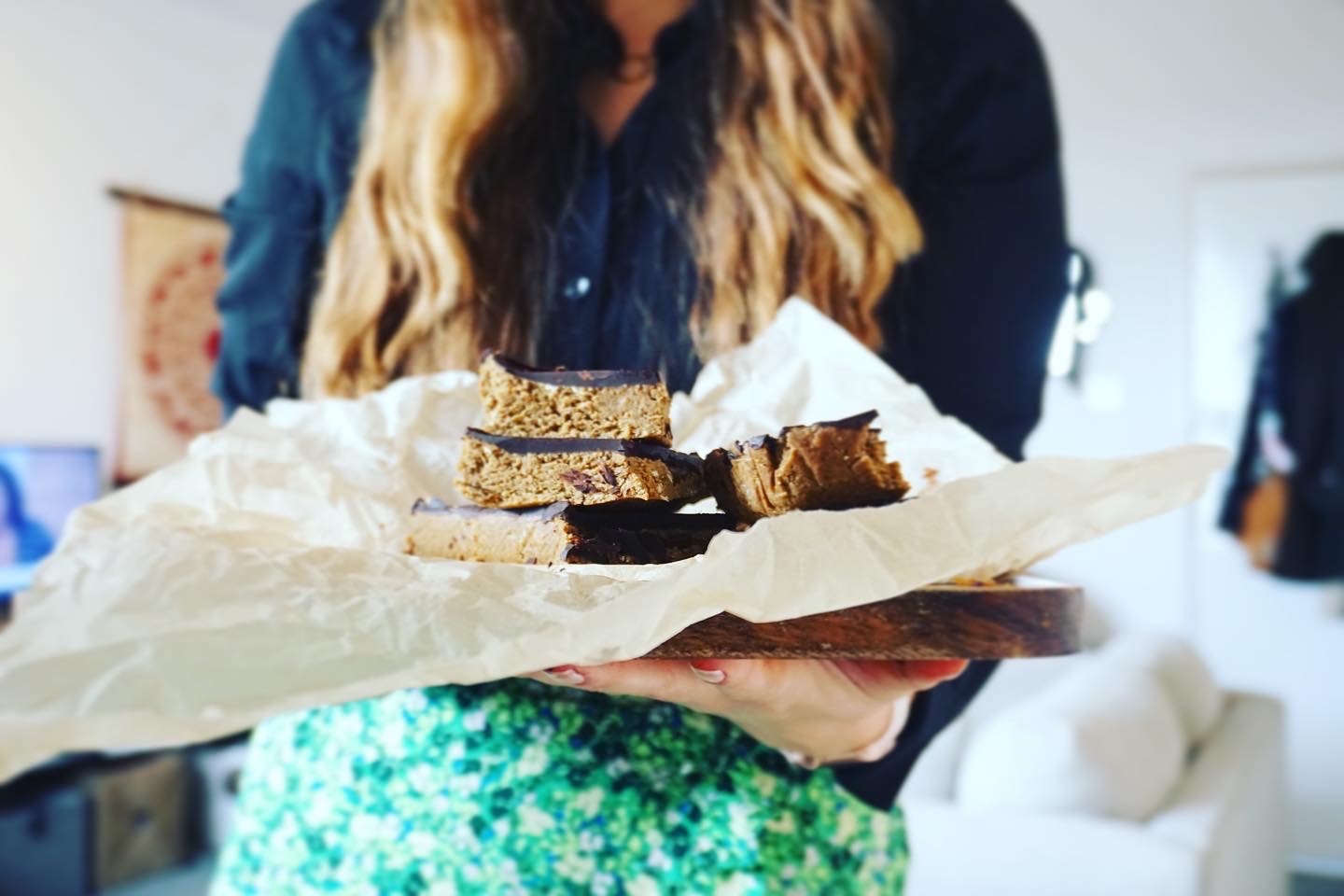December 1, 2020
Nutrition: Fats aren’t The Enemy
Nutritionist and Personal Trainer, Lottie Thompson writes about the how to stay well with food this winter.

Nutritionist and Personal Trainer, Lottie Thompson busts the myth that fats are bad and instead teaches us know why fats are important to our diet if we want to progress our game.
“Fats give our bodies much needed energy and provide protection for organs, while playing an important part in cell growth and hormone regulation“
Fats are essential for our health
Fats give our bodies much needed energy and provide protection for organs, while playing an important part in cell growth and hormone regulation. Fat helps the body absorb Vitamin A, Vitamin D and Vitamin E. These vitamins are fat-soluble, which means they can only be absorbed with the help of fats. Any fat that’s not used by your body’s cells or turned into energy is converted into body fat. Likewise, unused carbohydrates and proteins are also converted into body fat. All types of fat are high in energy. A gram of fat, whether it’s saturated or unsaturated, provides 9kcal of energy compared with 4kcal for carbohydrate and protein. There are four major dietary fats – Saturated, Trans, Monounsaturated and Polyunsaturated.
What is high fat?
Products will often have a ‘wheel’ system and traffic lights to show how much of a nutrient is contained in a product. Those that contain a ‘high’ amount of fat will have fat highlighted in red. As a guide, when reading labels, 5% of your daily intake (often indicated on labels) is considered low, while 20% is high. Be sure to choose those low in saturated and trans fats to maintain healthy levels. More specific to saturated fat – men should stay under 30g a day and women under 20g daily, while children should have even less. Its easy to see how saturated fat can easily be consumed when products such as bacon contain nearly 9g of saturated fat a slice!
Cholesterol and Heart Health
Saturated fats make up part of our cholesterol and mostly come from animal sources such as meat, dairy, processed foods and egg yolks, although there are some plant sources too such as coconut oil.
Saturated fat is carried in the form of ‘bad’ cholesterol, also known as LDL, which can raise your heart disease risk when consumed in excess. It’s best to avoid a diet high in processed foods and red meats, and consume more unsaturated fats such as vegetable oils to help reduce your ‘bad’ cholesterol.
HDL cholesterol or ‘good’ cholesterol is maintained by consuming things like nuts, olive oil, oily fish and avocados, and this helps to control the ‘bad’ cholesterol. These so called ‘good’ fats are called Mono-unsaturated and Polyunsaturated fats and help reduce the build up of fatty deposits in our arteries.
Trans fats can be found naturally in some foods, but processed foods are the bigger culprit for containing this fat – hydrogenated oil is the key to look for on packaging. These fats can also raise ‘bad’ cholesterol levels, but there’s not too much of it around nowadays. Most of the increased cholesterol levels at the moment come from an excess intake of saturated fats.
Maintaining a diet that is low in saturated fat, full of nutrients and contains moderate levels of unsaturated fats is the key to keeping your heart healthy, and thus, fats are not the enemy!
Low Fat vs Low Sugar
For years there has been a general consensus that fats are bad, so we may look for ‘low fat’ versions of our favourite foods and treats. However, many of these products will contain extra sugars or sweeteners to try and boost the flavour that is lost from the removal of fat. So the calorie difference may not be that great even though the fat content is less.
Reducing Saturated Fat
Substituting foods that are high in saturated for foods containing poly and monounsaturated fats is ideal. Chicken and fish can replace red meats, olive oil can replace butter and solid fats. Whole fat dairy products can be replaced by vegan and soya alternatives – keep an eye on saturated fat levels in these too though as coconut can be high in fat. Try and focus on your intake of fruits, veg, whole grains and other filling foods that are less dense in calories.













